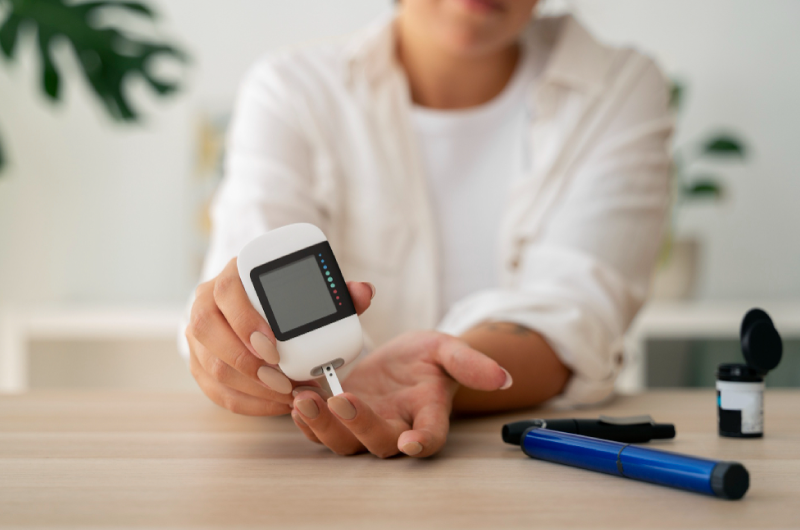As per a new report released by the Centers for Disease Control and Prevention (CDC), new cases of diabetes are on the decline. If the number of new cases of diabetes among the US population aged 18 to 79 years was more than 1.7 million from 1991 to 2009, the number of new cases decreased significantly to approximately 1.4 million from 2009 to 2014. The surge in the number of newly diagnosed diabetes cases has been plaguing U.S. healthcare for a long time with an effect on healthcare costs and medical billing. We have seen earlier how the diabetes epidemic drove healthcare costs in California. This new report is a relief to the healthcare system, especially when Medicaid coverage expansion is found to be an impetus for the increase in newly diagnosed diabetes.
The major findings of the report are as follows:
- The age-adjusted incidence of diabetes increased significantly from 1990 to 2008 with the rates more than doubling from 3.8 to 8.5 per 1000. However, the age-adjusted incidence declined from 8.5 to 6.6 per 1000 from 2008 to 2014.
- If the incidence of diabetes increased sharply among adults aged 18 to 44 years from 1980 to 2003 and hardly changed from 2003 to 2006, there occurred a significant decline in the incidence of diabetes among this group from 2006 to 2014.
- The incidence of diabetes in adults aged 45 to 64 years showed no consistent change during the 1980s while it increased from 1991 to 2002. However, the incidence leveled off from 2002 to 2014.
- The incidence of diagnosed diabetes in adults aged 65 to 79 years from 1980 to 2014 nearly doubled, from 6.9 to 12.1 per 1000.
- The age-adjusted incidence of diagnosed diabetes has increased in women since the 1980s. For men, the age-adjusted incidence increased from the 1980s through 2009. Then, it decreased from 2009 to 2014.
According to a report published in the Washington Post, this trend of decreased rate of diagnosed diabetes and gradual change in risk behaviors is due to changes in diet and physical activity. Diabetes prevention is getting more importance as well. If high-risk people are identified and educated about their risk, it is possible to significantly reduce the number of people who get diabetes. Diabetes screening or targeted screening can identify high blood glucose levels that indicate pre-diabetes. This will alert the people to the risks that they face and take preventive actions or treatment very early. With diet, exercise and weight loss measures, people diagnosed with pre-diabetes can prevent or delay type 2 diabetes.
Diabetes screening is provided as preventive care service under the Affordable Care Act. The reimbursement codes (HCPCS/CPT) codes for pre-diabetes screening are as follows:
- 82947: Glucose; quantitative, blood (except reagent strip)
- 82950: Glucose; post glucose dose (includes glucose)
- 82951: Glucose Tolerance Test (GTT); three specimens (includes glucose)
- 83036: Hemoglobin A1C
You should also use the following ICD-10 diagnosis codes along with it for effective medical coding and receiving correct reimbursement.
- Z00.00: Encounter for general adult medical examination without abnormal findings
- Z13.1: Encounter for screening for diabetes mellitus
The hypertension diagnosis codes (for example, I10: Essential (primary) hypertension) are also used, if such a condition is present in the patient.




